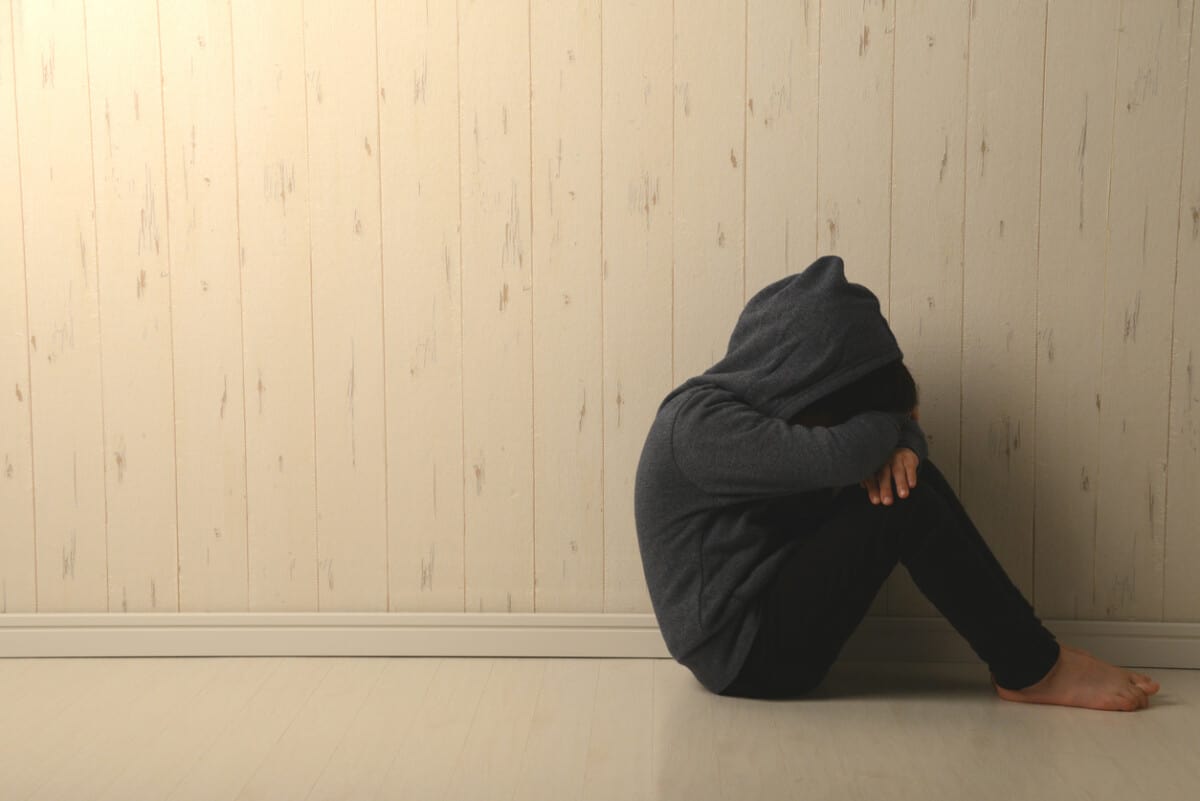ACE and Our Children in Chicago
Understanding ACE to help our kids can make sure that we are being the best parents possible. Swathing our children in bubble wrap to protect them from all harm has long been a cliché meant to emphasize the negative of being “safe” – avoiding all conflict, danger and hurt to live a life that is boring and meaningless, void of relationships, exploration or growth.
However, studies show that traumatic events, or ACEs, can have long-term, multi-pronged damaging effects on children. So is the bubble wrap a good idea after all? Dr. Katherine Riff of Alzein Pediatrics explains ACEs, how they can affect children, and the adults they become, and how to mitigate their impact on health.
Understanding ACE to Help Our Kids
A good understanding of ACE to help our kids can allow us to be the best parents possible. Let’s dive in deeper to learn more about what ACE is.
What is an ACE?
In 1998, The Centers for Disease Control partnered with Kaiser Permanente to investigate the health impacts of childhood trauma. The resulting report coined the term “Adverse Childhood Experience,” or ACE, to define a range of traumatic life events that correspond to lower health outcomes when they occur in children. While we tend to think of ACEs as terrible things that can happen to a child such as neglect, illness or injury, and abuse, an ACE can also arise from things happening around a child, like an incarceration in the family, substance abuse or mental illness in the household, and food, financial or housing insecurity.
In fact, an ACE be any event that a child experiences as traumatic, including the death of a loved one, parents divorcing, or a friend moving away. Understanding ACE to help our kids allows us to see all the circumstances that can cause issues for them.
What can happen if a child experiences an ACE?
This 1998 study found intense or sustained traumatic experiences produce an excessive stress reaction in the human body, particularly worrisome for children and their developing brains. Because children’s brains are in a state of rapid development, the presence of these stress hormones alters and delays brain development, leading to subsequent declines in overall health.
In the short term, children may experience immediate developmental delays such as learning and attention disorders. In the longer term, an ACE can lead to increased risk-taking, decreased self-care, and poor impulse control. Children who experience an ACE are more likely to experience anxiety, depression, and substance abuse in the future.
ACEs don’t just impact mental health; early and prolonged stress also increases a child’s risk of developing chronic, life-changing illnesses like heart disease and Type 2 diabetes.
Should parents and caregivers work on preventing all ACEs?
The truth is, we can’t prevent every ACE. For example, the potential ACE of divorce is a necessary response to a different ACE, such as domestic violence or substance abuse.
Over 60% of American adults reported experiencing an ACE in their childhood and just over 15% reported at least 4 ACEs occurring in their childhood. Any adverse experience a child cannot properly process has the potential to become an ACE, producing a prolonged and intense period of stress that will impact long-term developmental, mental and physical health.
So how can I help a child who has experienced an ACE?
The real damage that occurs is not simply because of the trauma, but also because of the stress reaction to it. The best way to prevent a traumatic event from developing into a long-term ACE is to equip children with the tools they need to develop resiliency: the ability to experience, process, and manage stress.
To equip children with the tools they need to confront and process the stress of the world, parents and caregivers should focus on:
- The child’s social and emotional development
- A positive parenting environment
- Responsive relationships with caregivers
- Engagement with the community
- Open lines of communication
For children who have experienced an ACE, Cognitive Behavioral Therapy is strongly recommended. This therapy has proven effective in limiting the long-term impact of an ACE and in building the life skills a child will need to process trauma and stress in a healthy way throughout their life.
When we look at understanding ACE to help our kids, we can turn to the professionals to help.
Dr. Riff says, “Adverse Childhood Experiences have profound, lifelong health impacts—but children can overcome these impacts when we help them build and use the proper tools to process the stress they feel, whether it’s caused by a move to a new neighborhood or the sudden death of a beloved grandparent. It’s vital for the adults in their lives to surround kids with love and acceptance, so they have a safe place to ask questions and express their feelings without judgement.”
Understanding ACE to help our kids can be hard, but you don’t have to try and do it alone. Our team at Alzein Pediatrics is here to help.
If you have questions about ACEs or Cognitive Behavioral Therapy, please call our office at 708-424-7600 or click here to make an appointment. Alzein Pediatrics is here to help.


